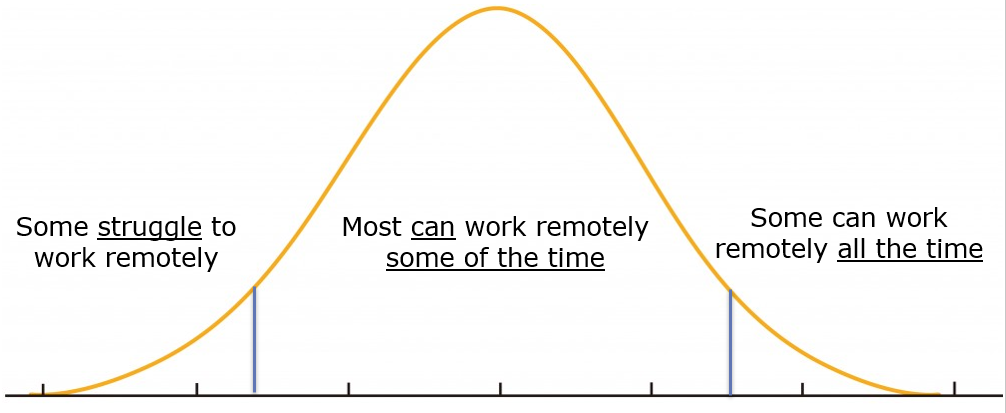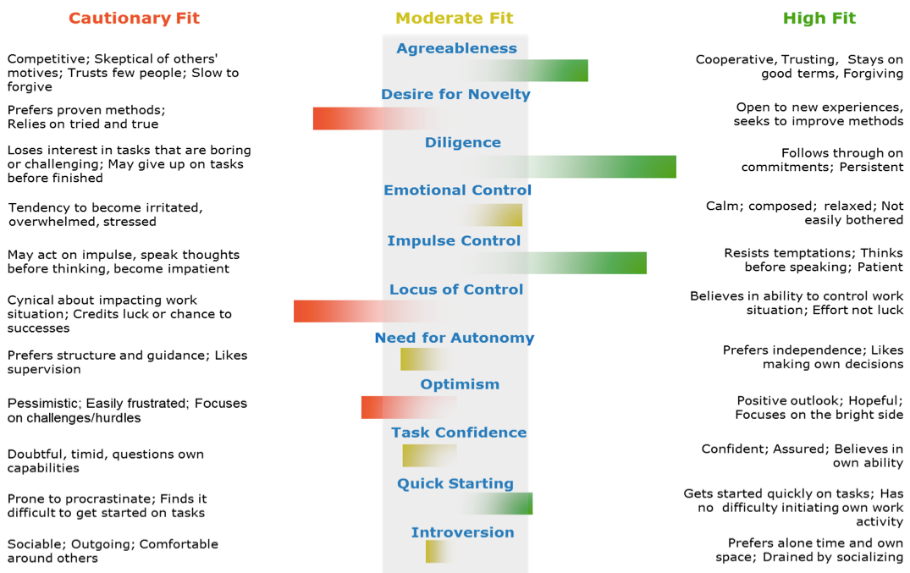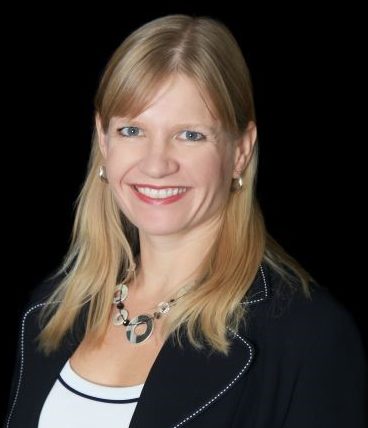![]()
“The sooner we’re all together again in the office, the better!”
“I just can’t trust that my people are getting much done when they are remote, we need them back in the office to get work done.”
These statements are echoed by leaders who have found it challenging to suddenly have to manage remote workers through the COVID-19 crisis. From their perspective, the bricks and mortar of the office will be a welcome relief, likely due in part because managing by “presenteeism” versus by performance or outcomes is a standard for many. Managing by outcomes, however, can have a positive impact on productivity and engagement when done correctly.
This will require a necessary shift in leadership style for many, as organizations are increasingly extending remote work as an indefinite option for their employees (including industry titans like Twitter, Facebook, and Google). Although they, too, experience the challenges of leading remotely, they are likely outweighed by long-term strategic benefits, ranging from:
We are passionate about studying the personality attributes, skills, and behaviours that lead to remote work success or failure. Through this unfortunate pandemic, we have observed the largest remote work pilot in history. One thing we remain certain of based on our 17 years of practical research, is that one size does not fit all when it comes to remote work.
There are three important criteria that must be understood by leaders and organizations as they make these pivotal decisions during the transition into the “new normal” of work.
Under the duress of the pandemic many positions were forced to work 100% remotely, but given specific job tasks and role requirements, are a certain number of days in the office essential? Are there physical requirements that are necessary for performing certain duties, thereby requiring a presence on site? Interestingly, U.S. economists are estimating that 37% of jobs can be done entirely from home.[1]
Whether or not a job can be done from home does not mean the person will want to work remotely. In fact, the latest polls indicate a drastic increase in just how many people will want to continue working remotely, at least to some extent.[2] According to the IBM Institute for Business Value, more than 50% of respondents want remote work to be their primary way of working beyond Covid-19).[3] In addition, a recent survey of 3,500 remote workers from around the world found that 98% of respondents would like to work remotely, at least some of the time, for the rest of their career.[4]
Are they effective, productive, and happy working remotely? What is their ideal balance of remote and office days, given their personality and work styles?[5]
People range on a continuum from those who find remote work challenging to those who thrive with full-time remote work. We often share the bell curve above to depict these ranges. Most of us fall in the middle of this continuum – finding that a balance between remote and office time is just right. For example, 2-3 days working in the office and 2-3 days remote seems to be an ideal balance for many professionals.[6]
Our Distributed Work Profiler is a powerful assessment used by organizations to help their people determine the right balance of office versus remote work, and supporting them to develop highly effective, personalized habits when working remotely.

Combining childcare and homeschooling with trying to work remotely is not a viable test of this question! Once children are back in school and life has returned to “normal”, to what extent does the person have the right work-from-home scenario (i.e. a private and well-designed home office or working area, with access to appropriate communication and collaboration technologies)?
How long is their commute? Would one or more remote workdays per week help them save countless hours? Some people will relish the flexibility of having a degree of remote work in their workweek, while others may not need or desire this given their work/life situation.
We all have unique personalities, preferences, work styles, and skills. We also have distinctive scenarios in our home and work lives. Organizations who strategically embrace a distributed working model will understand that there needs to be flexibility in how their workplace strategy is determined and implemented.
Any organization that is rushing to bring everyone back to the office, or to keep everyone remote indefinitely, is using a one size fits all approach to how and where work is done, resulting in some people being forced into a work design that may be unsatisfying and unproductive for them personally.
This overlooks the powerful benefits of engaging and retaining talent by fitting work scenarios to both the job and human being. Leaders strategizing about their organization’s remote-work future must not forget to take the human into account. Flexibility at the organizational level is key to finding a balanced middle ground between the person and their position.
For more information and to learn more, contact us.
 Dr. Laura Hambley
Dr. Laura Hambley
Dr. Laura Hambley is an Industrial/Organizational Psychologist based in Calgary, Alberta. Laura is co-founder and President of Work EvOHlution, which creates innovative assessments and training for mobile/remote employees, leaders, and teams. Laura is an experienced consultant and entrepreneur who is passionate about addressing the critical role of leadership, work styles/personality, and team dynamics as they relate to distributed work.
Since 2004, Laura has published extensive research on the critical success factors for effectively leading distributed teams and has developed and delivered seminars on distributed teams for organizations, universities and international conferences. In addition to Work EvOHlution, Laura co-founded Canada Career Counselling (Toronto/Calgary), the Leadership Success Group, and leads a team of workplace psychologists across Canada. In 2018 Dr. Laura won a Canadian Woman of Inspiration Award as a Global Influencer.
Work EvOHlution’s Distributed Work Profiler was written about in Scientific American magazine as the world’s first personality profile of a remote worker. Work EvOHlution was also selected to present three times at South by Southwest, the innovation megaconference, in Austin, Texas (2018 and 2019).

Dr. Thomas O’Neil
Tom leads the research design, measurement, statistical analyses, and algorithm development underlying Work EvOHlution’s suite of assessments. He is involved in the ongoing refinement and enhancement of the predictive algorithms that make Work EvOHlution’s assessments so powerful. His background is in the field of Industrial and Organizational Psychology, in which he received his undergraduate degree in 2005 from the University of Calgary and PhD in 2011 from the University of Western Ontario.
He currently holds a position as a full-time faculty member in the Department of Psychology at the University of Calgary, specializing in the psychology of distributed work, team effectiveness, and personality assessment.
Tom launched his research lab in 2011, which has received over $1M in grant funding to support knowledge creation and application in his areas of expertise. Tom has contributed to industry in several areas such as team assessment (e.g., Encana, Husky), distributed work (e.g., Alberta Treasury Branch, City of Calgary, Alberta Health Services), personality assessment (e.g., Sigma Assessment Systems), and performance assessment (e.g., A large Health Information Network; Jackson Leadership Systems).
References:
[2] https://www.hok.com/news/2020-05/remote-work-programs-just-because-you-can-doesnt-mean-you-should/
[3] https://www.ibm.com/thought-leadership/institute-business-value/report/covid-19-action-guide
[4] https://lp.buffer.com/state-of-remote-work-2020
[5] https://www.bbc.com/worklife/article/20200601-the-personalities-that-benefit-most-from-remote-work
[6] https://www.fundera.com/resources/working-from-home-statistics